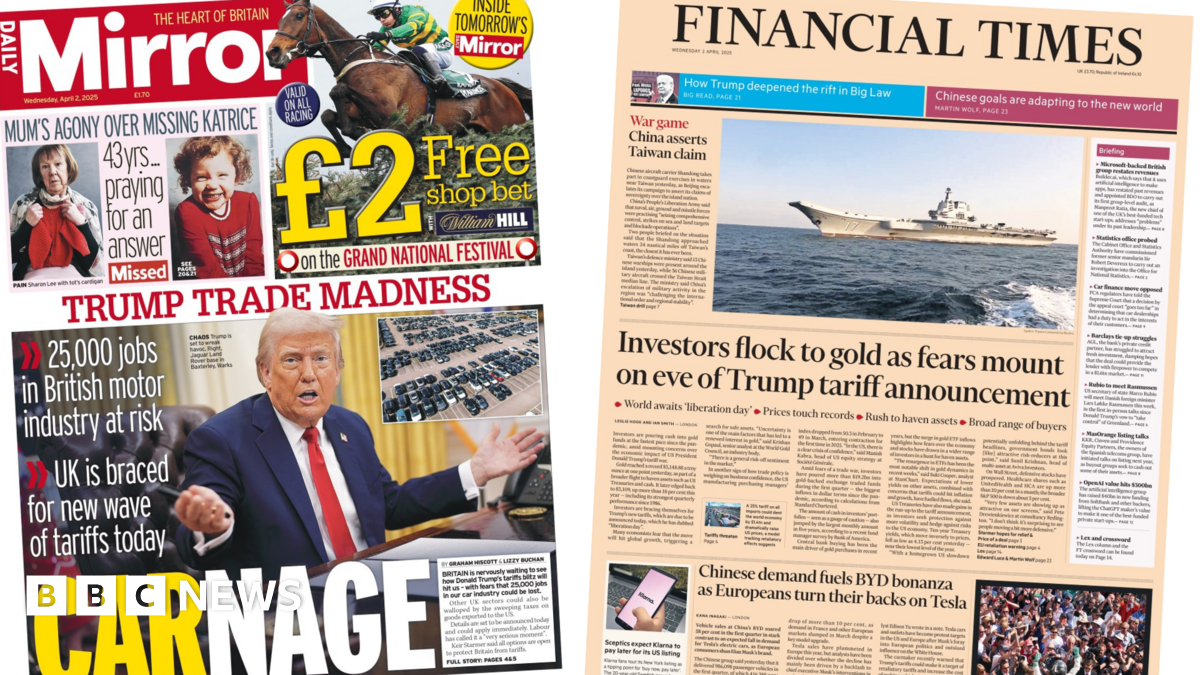Trump vs. BYD: A Trade and Tech Clash That's Reshaping the Automotive Landscape
The escalating trade war between the US and China has cast a long shadow over many industries, but perhaps none more dramatically than the automotive sector. At the heart of this conflict lies a clash between former President Donald Trump's protectionist policies and the rapid rise of BYD (Build Your Dreams), a Chinese electric vehicle (EV) giant. This article delves into the complex relationship between Trump's administration and BYD, exploring the trade disputes, technological implications, and lasting impact on the global automotive market.
Trump's "America First" Policy and the Targeting of Chinese Imports
Donald Trump's presidency was marked by a staunch "America First" approach to trade, frequently employing tariffs and trade restrictions to protect American industries from foreign competition. Chinese companies, particularly those within strategically important sectors like technology and manufacturing, were frequent targets. BYD, rapidly gaining market share in the burgeoning EV market, found itself squarely in the crosshairs. The Trump administration's imposition of tariffs on imported Chinese goods, including components used in EV manufacturing, significantly impacted BYD's ability to compete in the US market.
BYD's Ambitious Global Expansion and the US Market Hurdles
BYD, a vertically integrated company encompassing battery production, electric motors, and vehicle assembly, had ambitious plans for global expansion, including a significant push into the US market. However, Trump's trade policies created significant headwinds. The tariffs imposed added substantial costs, making BYD's EVs less competitive against established American and other international brands. This forced BYD to re-evaluate its US market strategy, prompting a shift in focus towards other regions with less restrictive trade environments.
The Technological Implications: A Battle for EV Dominance
Beyond the trade disputes, the Trump vs. BYD conflict highlights a broader technological battle for dominance in the electric vehicle sector. BYD's technological advancements, particularly in battery technology and electric motor design, pose a significant challenge to traditional automakers, both in the US and globally. Trump's attempt to curb Chinese influence in this sector through trade restrictions reflects a broader concern about technological dependence and national security.
Beyond the Tariffs: Long-Term Impacts and Future Considerations
The impact of Trump's trade policies on BYD and the broader EV market extends beyond immediate tariff implications. The uncertainty created by these policies discouraged investment and hampered the development of a robust domestic EV supply chain in the US. While the Biden administration has taken a more nuanced approach to trade with China, the lingering effects of Trump's policies continue to shape the landscape. The future of the US-China relationship in the EV sector remains complex, requiring careful consideration of economic competitiveness, technological innovation, and national security interests.
Conclusion: A Shifting Geopolitical Landscape
The Trump vs. BYD clash underscores the complex interplay between trade policy, technological innovation, and geopolitical strategy. The long-term consequences of these trade disputes are still unfolding, impacting not only the automotive industry but also the broader global technological landscape. The future will likely see continued competition between US and Chinese EV manufacturers, demanding strategic responses from both governments and companies alike. The next chapter in this story remains to be written.
Keywords: Trump, BYD, electric vehicles, EV, trade war, China, US, tariffs, automotive industry, technology, geopolitical, global competition, battery technology, trade policy.

